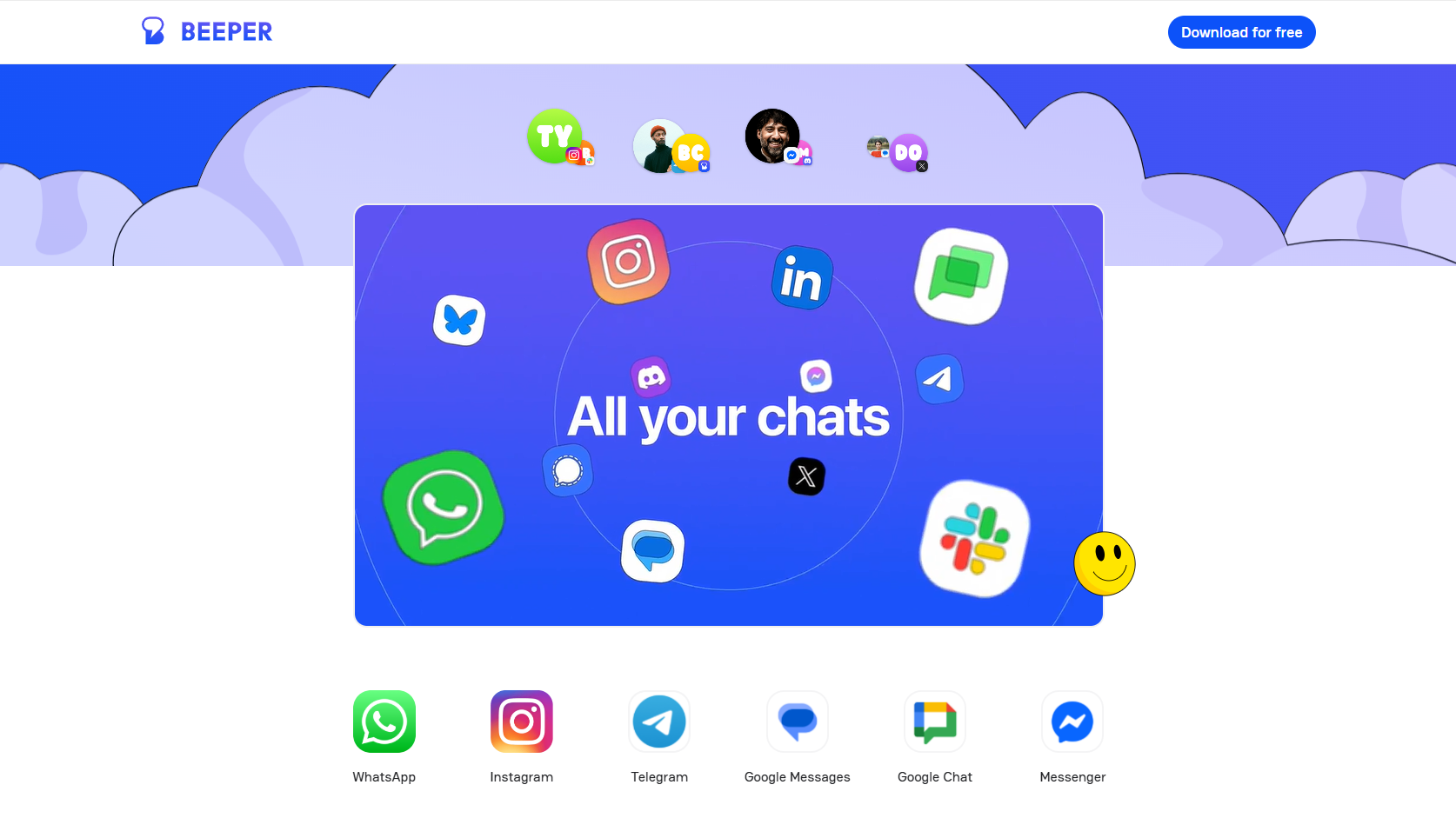
The Overreach of AI: Understanding the Chilling Implications
In today's digital landscape, artificial intelligence (AI) has seeped into every corner of our daily lives, changing the way we interact with technology. From chatbots to personal assistants, the benefits are enticing. However, as we invite AI deeper into our lives, we must critically examine the level of access it requests—particularly concerning our personal data. Understanding this balance is crucial, especially for professionals and entrepreneurs who rely heavily on digital communication.
Data Requests: Why Should You Be Wary?
AI applications are notorious for requesting extensive permissions, often more than necessary for their functioning. Take, for instance, Perplexity's AI-powered web browser, Comet. When users are prompted to grant access to their Google accounts, they're not just allowing access to events on their calendar; they're often handing over the ability to view and manage their emails, contacts, and even sensitive company directories. These permissions raise significant concerns about just how much information we are willing to share in the quest for a more streamlined digital experience.
Behind the Curtain: Monetizing Your Data
It’s important to recognize that companies often monetize the data they collect from AI interactions. While we may perceive AI assistants as helpful tools, the breadth of information accessed goes beyond mere functionality. Users should be aware that their data could be used to improve AI models, potentially benefiting other users at the cost of individual privacy. This can lead to questions about who truly owns the data generated by these interactions.
Real-World Implications: What Happens When You Say 'Yes'?
Meredith Whittaker, president of Signal, offers a candid illustration of the potential repercussions of granting extensive access to AI agents. She strikingly compares the experience to “putting your brain in a jar.” This analogy emphasizes the profound risks we undertake. Integrating AI into various aspects of life—from dinner reservations to event planning—often comes with the trade-off of providing AI access to everything from browsing history to passwords. Once granted, these permissions may have irreversible implications for personal security.
Legal and Ethical Considerations: Where Are We Heading?
As AI continues to evolve, so do the regulatory frameworks surrounding data privacy. The rapid proliferation of AI tools that demand access to personal data has outpaced legislative measures designed to protect individuals. Without clear guidelines on what constitutes acceptable data requests, users are left vulnerable to potential misuse of their information. This reality emphasizes the importance of remaining vigilant—and critical—about the AI tools we integrate into our lives.
Actionable Insights: How to Protect Your Personal Data
So, how can individuals protect themselves in an era where AI is becoming ubiquitous? Here are a few practical tips:
Review Permissions: Always scrutinize the permissions an app or AI tool requests. Ask yourself whether the data being requested is necessary for its functionality.
Use Privacy Settings: Familiarize yourself with privacy settings across your devices and applications. Limiting access can help safeguard your information.
Standard Operating Procedures: Establish a standard procedure for evaluating new technologies before adopting them. Assess the risks versus potential benefits before diving in.
Wider Implications for Our Tech Reliance
The increasing reliance on AI begs the question: Are we sacrificing our privacy in the name of convenience? As digital entrepreneurs in Central Ohio, understanding these dynamics is vital, not just for personal data security, but for maintaining ethical business practices in a landscape where technology is intrinsically tied to our operations.
The landscape of AI is shifting rapidly, and while we're drawn to the convenience it offers, being discerning about what we permit is essential for maintaining our personal security. Guarding our data isn't just about personal safety—it's about protecting the very essence of our digital identities.
Stay informed about trends in digital privacy and security. Explore the implications of AI in your industry and continue advocating for robust data protection measures. Your vigilance is key in the ongoing dialogue surrounding data privacy.
 Add Row
Add Row  Add
Add 




Write A Comment